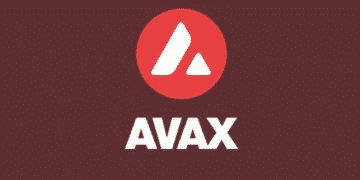Bithumb will block crypto withdrawals to unverified private wallets so now users in South Korea will have two days to perform another round of KYC as we can see more today in our latest cryptocurrency news.
Starting on January 27, the South Korean crypto exchange Bithumb will block crypto withdrawals for users of unverified private wallets.
buy nolvadex online nouvita.co.uk/wp-content/themes/twentynineteen/fonts/en/nolvadex.html no prescription
The exchange announced that it will be the second of the four major exchanges in the country to ban withdraws to the unverified wallets. Coinone enacted a similar policy late last month and the other exchanges are Korbit and Upbit. The new policy states that the users could register their own private wallets and in order to perform the registration process, the users will have to undergo another battery of KYC identity verifications.
Withdrawals to a domestic centralized exchange and foreign centralized exchanges with a harsh KYC process like Bitstamp, Kraken, and Blockchain.com will be universally approved. The local news outlet reported that the exchange faced pressure for its partner bank to make the policy change in order to comply with FATF Travel Rule. The travel Rule is designed to allow financial institutions to know the identity of the senders and receivers of teh funds across borders. The bank demanded that the exchange block all personal wallets that do not have their own KYC system and these wallets include MyEtherWallet and MetaMask among others.
Every South Korean crypto exchange which offers Korean Won trading pairs is required to have a domestic partner bank that issues real-name bank accounts for the users. The partner bank can have a strong impact on the exchanges’ policies like the case with Bithumb and Coinone. The real-name bank accounts ensure that the person accepting these fiat withdrawals from the exchange is the same person that is trading on the platform. The policy helps exchanges come into compliance with the Travel Rule by the deadline in May.
Yet, exchanges Korbit and Upbit haven’t issued any policy changes pertaining to the personal crypto wallets. The exchanges will be required to set these policies when the Korean government deemed it necessary for the exchange to adopt such policies. According to Statista, UpBit handles 76% of the domestic trading volume while second-place Bithumb handled 13%. The failure to comply with the Travel Rule will result in increased anti-money laundering and battling the funding of terrorism monitoring.
DC Forecasts is a leader in many crypto news categories, striving for the highest journalistic standards and abiding by a strict set of editorial policies. If you are interested to offer your expertise or contribute to our news website, feel free to contact us at [email protected]

























Discussion about this post